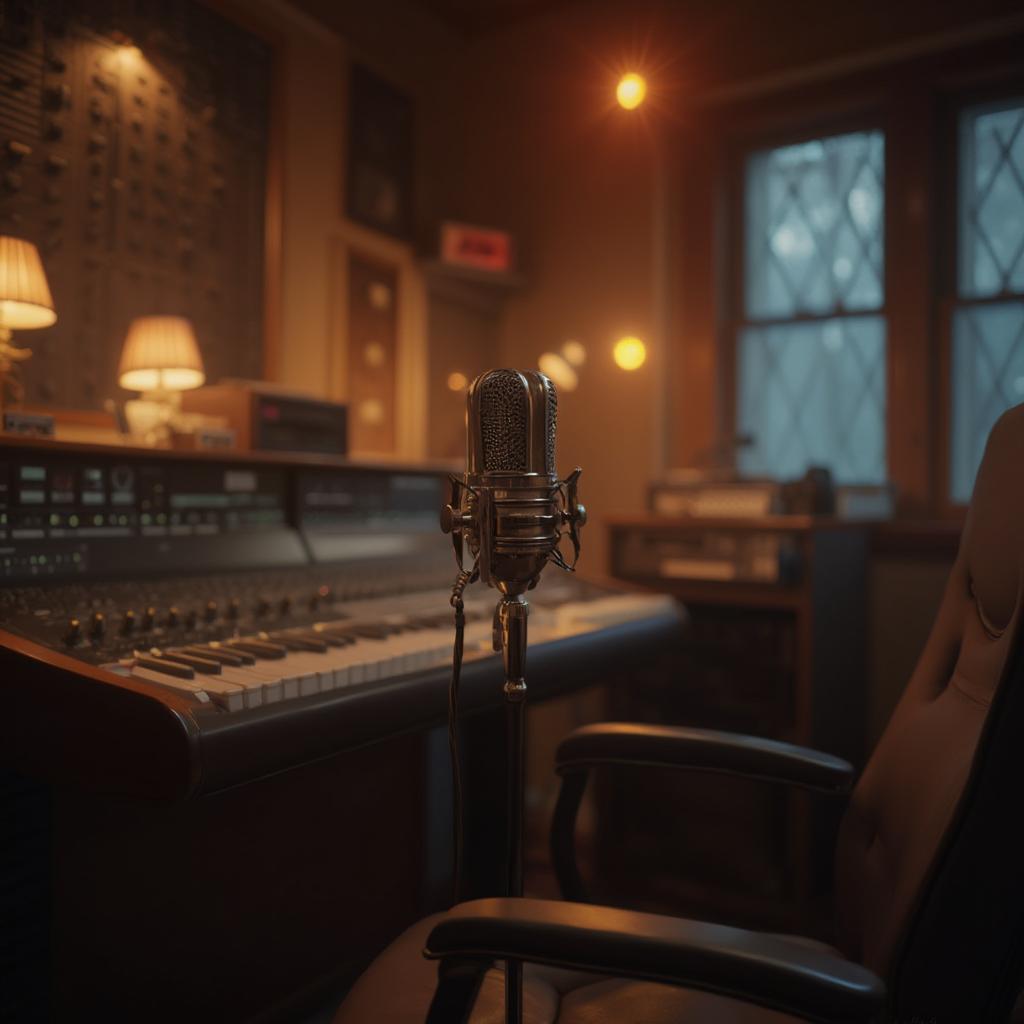
Could artificial intelligence ever recreate the magic of iconic Simpsons voices like Moe Szyslak or Chief Wiggum? Hank Azaria, the man behind over 100 characters on the show, isn’t convinced.
Azaria admits A.I. might soon mimic the sounds of his famous roles. After all, decades of recordings provide plenty of material. But, he says, there’s a lot more to voice acting than just sounding the part.
“A voice isn’t just a sound,” Azaria explains. “It’s about the humanness behind it.” He describes how he throws himself into performances — running in place for a running scene, crying real tears for emotional moments, or even throwing fake punches to get the audio just right. “Our bodies and souls are involved,” he adds.
Even legendary actors like Mick Jagger and Anne Bancroft had to learn this when they joined The Simpsons. “You can’t just stand still and recite lines,” Azaria says. “You have to fully commit.”
Improvisation is another challenge for A.I. Azaria points out how the natural back-and-forth between actors during recording sessions creates a rhythm that’s tough to replicate. “A.I. might get the words right, but it won’t capture the spontaneity,” he notes.
Azaria also reflects on the personal touches that shape his characters. Moe was born from a young Al Pacino impression mixed with gravel. Chief Wiggum is inspired by Mel Blanc’s take on Edward G. Robinson. And Agador from The Birdcage was modeled after his grandmother’s voice and personality. “It’s not just about sounding like someone,” he says. “It’s about bringing their essence to life.”
So, while A.I. might one day produce convincing voiceovers, Azaria believes it will always miss something crucial. “There’s a difference between sounding like a character and being that character,” he says. “And that’s something only humans can do.”
For now, he’s holding onto hope that the artistry of voice acting will continue to shine — with or without A.I.
